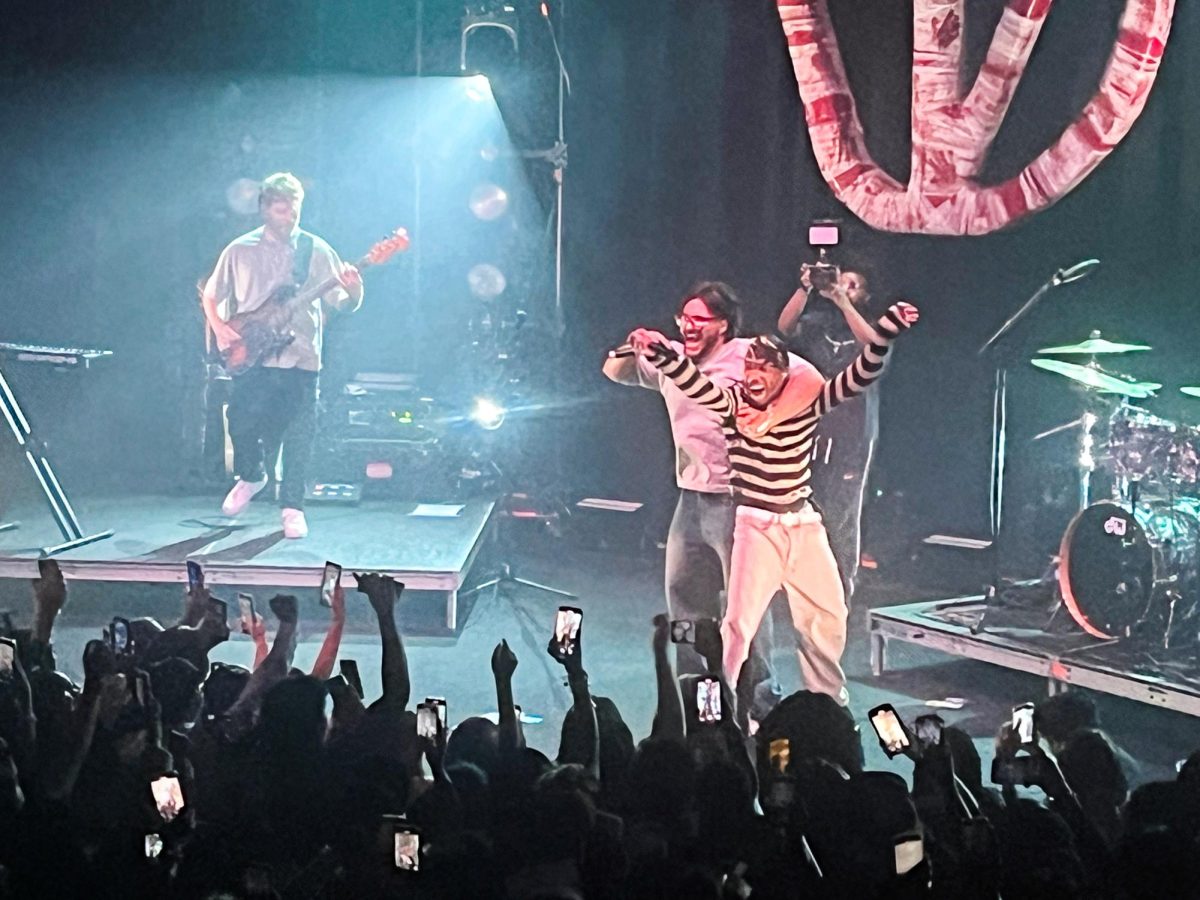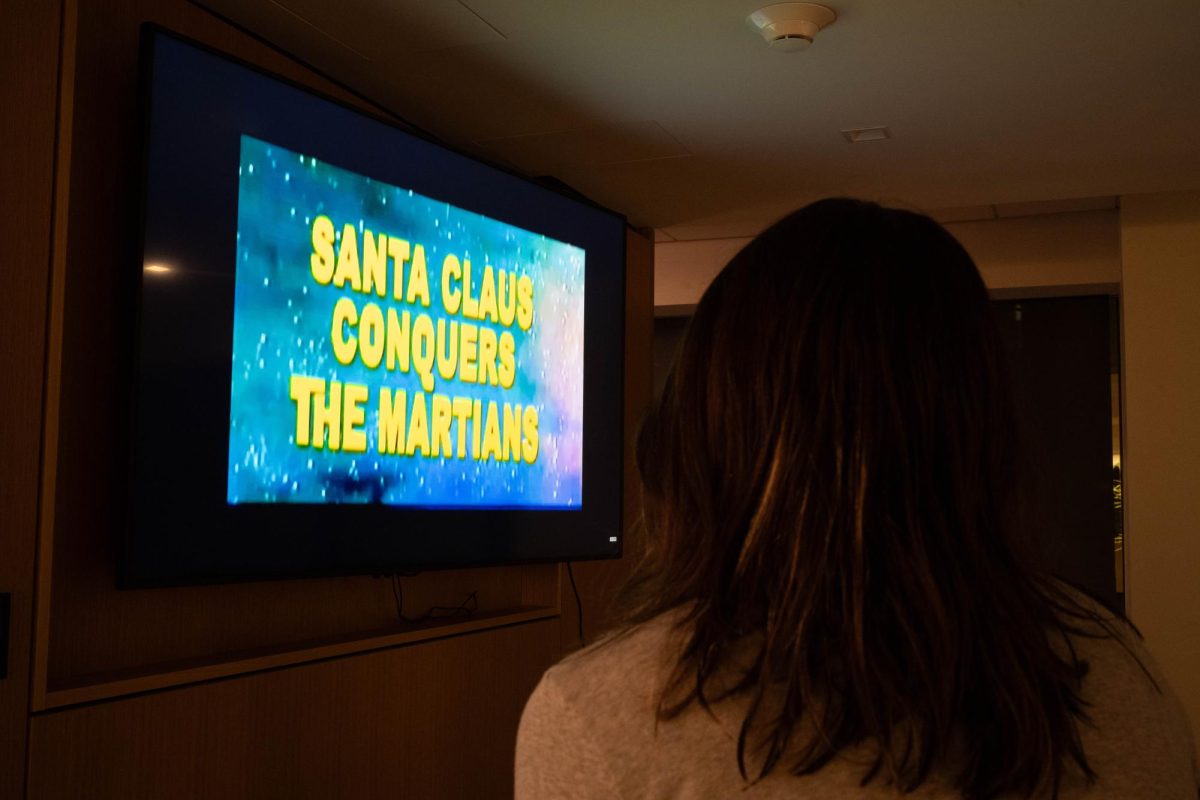Even the allure of the rock-and-roll music world of the 1960s and 70s can’t save Amazon Prime’s newest entertaining-yet-contrived 10-episode show “Daisy Jones and the Six” from falling into age-old character tropes and tired soap-opera cliches.
The series – based on Taylor Jenkins Reid’s 2019 novel of the same name and produced by Reese Witherspoon – premiered March 3 and has gained enormous traction for its portrayal of a rock band loosely based on the storied chronicles of the iconic 70s rock band Fleetwood Mac. Filmed in a mockumentary style, “Daisy Jones and the Six” details the formation, rise and fall of a band – Daisy Jones and The Six – that took the Los Angeles music scene by storm in 1967.
Starring Riley Keough – Elvis’ granddaughter – as the elusive Daisy Jones and Sam Claflin as troubled Billy Dunne, the show is packed with tormented rockstars, complicated romances and drug-fueled drama. Daisy and Billy, who initially despise each other, eventually fall into a passionate and toxic – albeit artistically productive – romance. As they rise to fame, they write songs to and about each other and perform them with their band of six amid tense personal conflict arising from their tumultuous relationship. As much as this classic star-crossed lovers narrative is the center of the story, it is hardly felt through the dialogue or acting. Claflin and Keough have mediocre chemistry – Keough’s strong acting performance carries the brunt of the relationship, while Claflin’s serves only to simplify it.
Daisy’s character – talented, troubled and fiercely independent – is enjoyable to watch, but the writing ultimately fails to depict her as her own person. Daisy lives by her own rules, skeptical of forming relationships with anyone and opposed to compromising her own desires in favor for someone else’s. The character is meant to emulate Stevie Nicks, the frontwoman of Fleetwood Mac. But in an attempt to replicate a figure that pop culture views as one of a kind, the show fails in creating a persona for Daisy of her own, using a preexisting template of a troubled genius rather than an authentic characterization. Even Keough’s thorough, magnetic and impassioned acting performance can’t bring the true Daisy out of her simplified void.
Claflin is far less applaudable. Billy’s tortured character is meant to express his emotions without feeling them, but Claflin fails to paint a portrait of a Billy who can draw empathy from a viewer. The series only explores Daisy and Billy’s traumas – Billy’s absentee father and Daisy’s loveless mother – briefly in the first episodes, but we know very little about their backgrounds save a few scenes in Episodes 1 and 2. These mistakes in the crafting of each protagonist along with weak writing make both Billy and Daisy generally unlikeable – so much so that it becomes hard to feel invested in their lives, let alone their love story.
Billy’s high-school-sweetheart-turned-wife, Camila Alvarez – played by Camila Morrone – only complicates his relationship with Daisy. She is a loyal partner and mother to Billy’s daughter, sticking with Billy through his struggle with alcoholism and even looking past his obvious romance with Daisy. Camila, although not a member, is a central component of the band, providing support to her husband and his bandmates through thick and thin. She also provides emotional support for the other women on the show, counseling them as a pillar of strength. But Camila falls into a one-dimensional female character trope as the unflinching wife, friend and mother whose storylines only exist to enrich male characters’ stories.
Despite their lack of screen time, the side characters shine in the series. Will Harrison portrays Graham Dunne, Billy’s brother and the band’s guitarist, while Suki Waterhouse plays his secret love interest Karen Sirko, a British keyboardist who the band recruits early in the show. The pair serve as the only fully likable characters in the entire show, yet the writers give the audience little content to dissect – their personalities are relatable, but are solely addressed in a few well-crafted scenes that are too brief and scarce to explore anything deeply.
The clever mockumentary style switches between shots of the main characters in the 1990s reflecting on the past and scenes of the 1970s as they occurred, following the documentary format of the novel. The interview scenes make sense for the story, but it’s not worth the frequent detour from the meat of the story set in the 1970s. The costumes and sets are more of an homage to the 70s as opposed to an accurate depiction, but they nevertheless successfully pulled the viewers into the world by emulating the recognizable time period.
The cast recorded and released a full record, “Aurora,” with lyrics written by Grammy-nominee Phoebe Bridgers and Grammy-winner Blake Mills. The album doesn’t quite capture the symbolism or mystique of Fleetwood Mac records, but Keough’s powerful vocals alongside the talented band come together to create several incredibly catchy songs and a cohesive project about heartbreak, love and loneliness. “Daisy Jones and The Six” became the first fictional band to reach No. 1 on iTunes this month for “Aurora,” but the album lacks the essence that would prompt the kind of groupie hysteria the show depicts – Fleetwood Mac’s legendary legacy is difficult to emulate.
“Daisy Jones and the Six” ultimately fails to harness an intriguing story to make any kind of a genuine commentary on fame, Hollywood or the hedonism of the 60s and 70s. Instead, the creators focus their energy entirely on fulfilling, age-old cliches. The novel isn’t meant to be a layered commentary on the perils of fame, but given the enthralling history of the band it’s based on, the show passes up the opportunity to weigh in any meaningful way on the themes of fame, celebrity culture and drug use. Rather than framing and analyzing the fascinating cultural zeitgeists of California in the 1970s, the show merely uses it as a setting for a love story that’s been done – and better – many times.
Despite the tired love triangles, mediocre acting and rushed storylines that characterized much of the show, it never failed to entertain, managing to capture the tension and drama of the rock n’ roll world. “Daisy Jones and the Six” is a fun watch, but not a serious one.


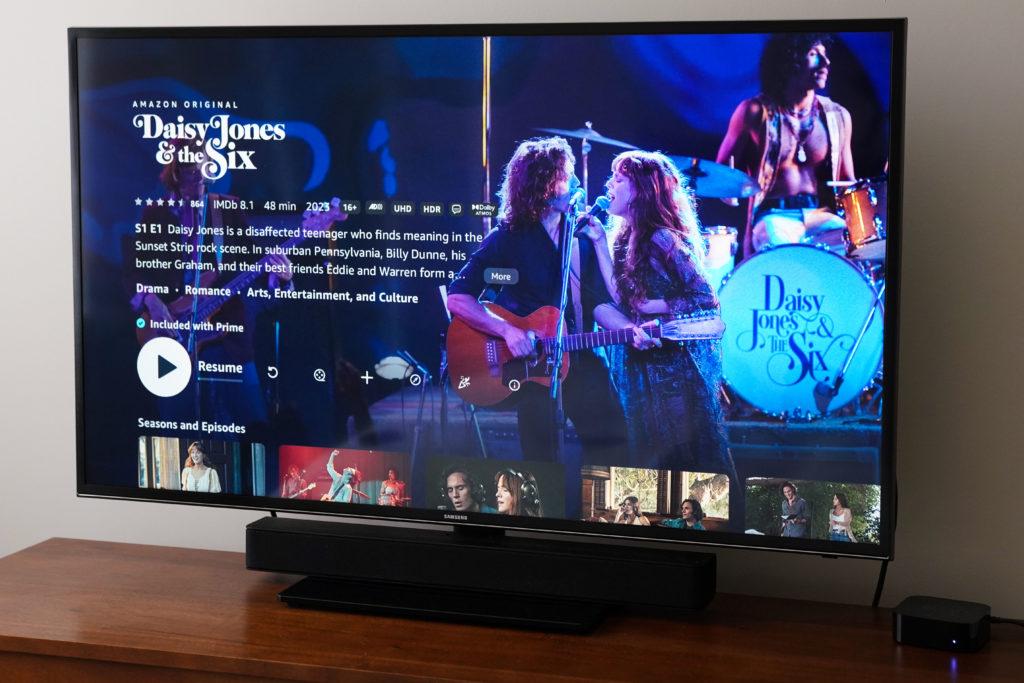
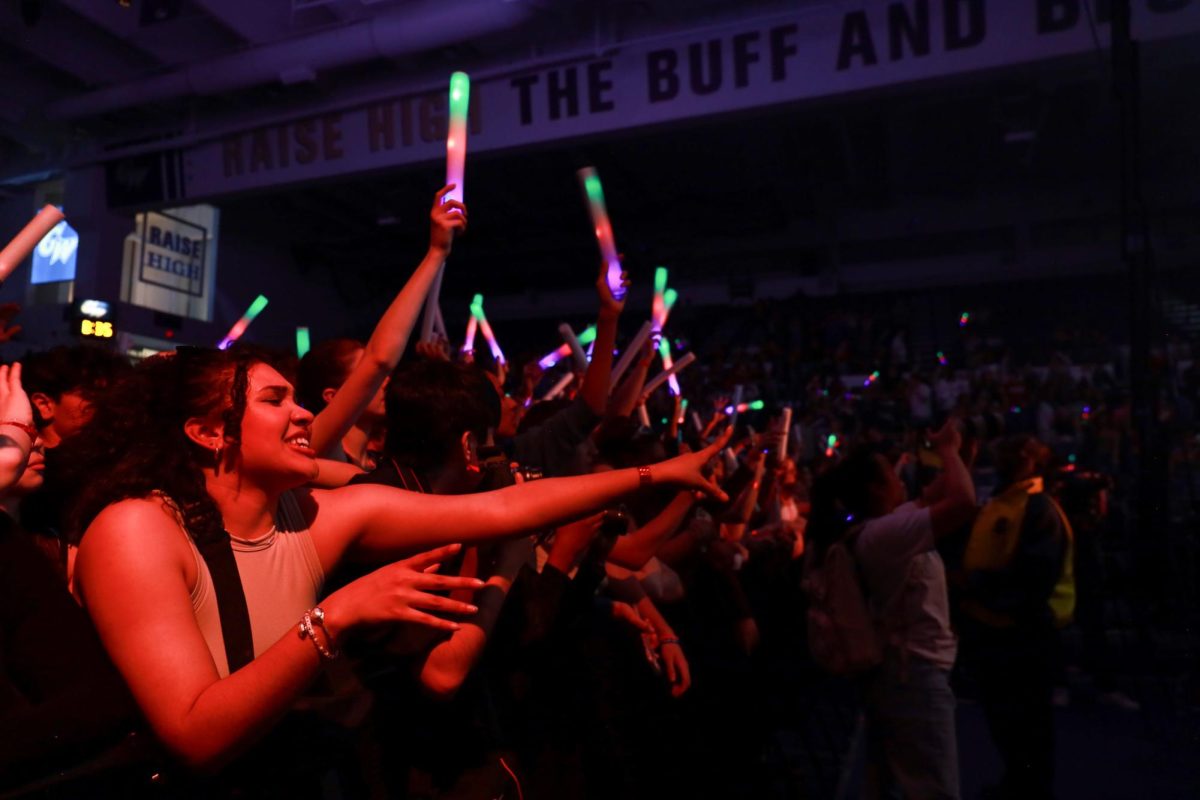
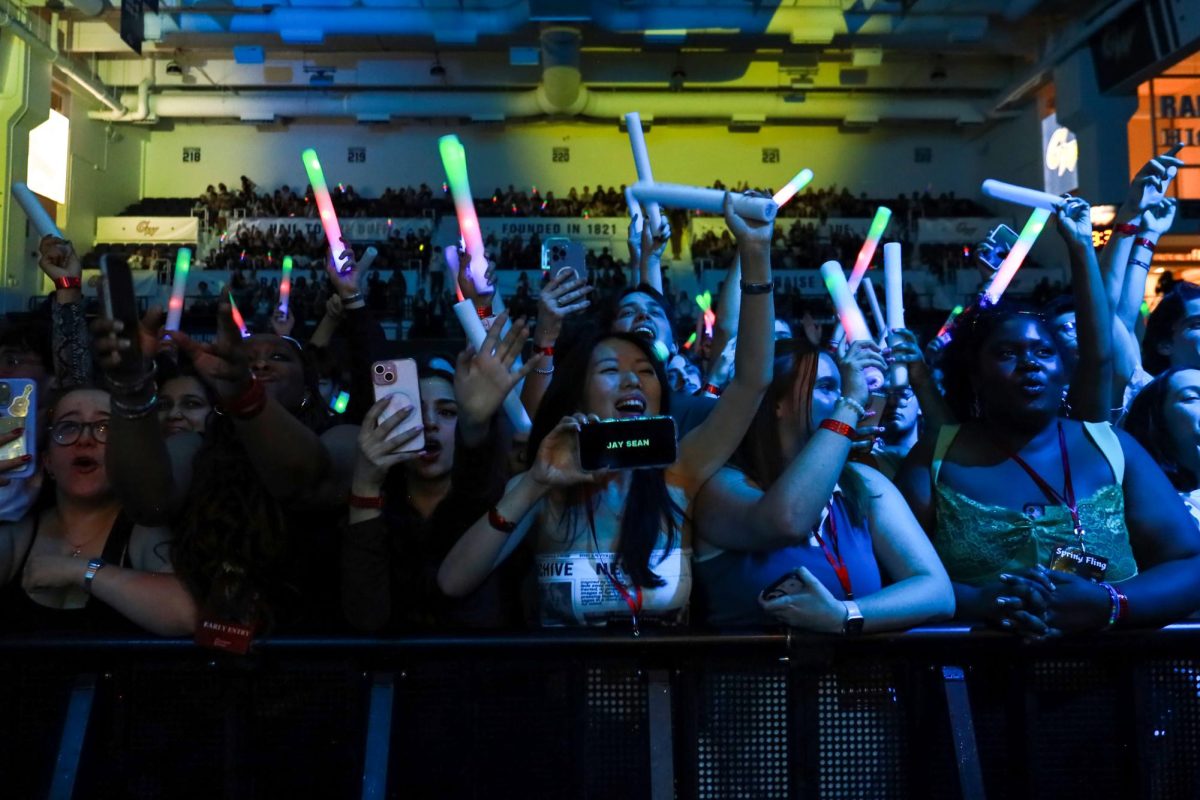
![The [insert here] improv group asks for volunteers during a skit.](https://gwhatchet.com/wp-content/uploads/2025/02/Slate_2_8_25_KW-1-1200x800.jpg)
